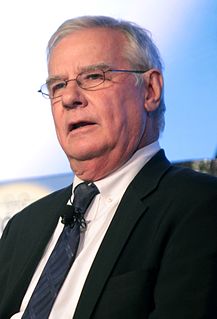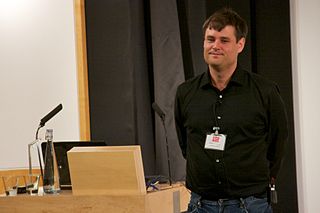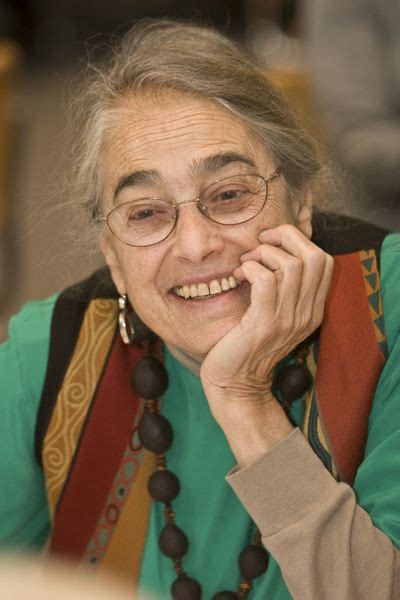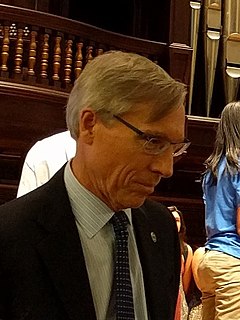A Quote by Peter Medawar
All scientists know of colleagues whose minds are so well equipped with the means of refutation that no new idea has the temerity to seek admittance. Their contribution to science is accordingly very small.
Related Quotes
The conference also has a moral duty to examine the corruption of science that can be caused by massive amounts of money. The United States has disbursed tens of billions of dollars to climate scientists who would not have received those funds had their research shown climate change to be beneficial or even modest in its effects. Are these scientists being tempted by money? And are the very, very few climate scientists whose research is supported by industry somehow less virtuous?
We have to overthrow the idea that it's a diversion from 'real' work when scientists conduct high-quality research in the open. Publicly funded science should be open science. Improving the way that science is done means speeding us along in curing cancer, solving the problem of climate change and launching humanity permanently into space.
If the basic human nature was aggressive, we would have been born with animal claws & huge teeth -- but ours are very short, very pretty, very weak! That means we are not well equipped to be aggressive beings. Even the size of our mouth is very small. So I think the basic nature of human beings should be gentle.
I don't think any administration, when they come in, thinks that their job is to tell the scientists what the science looks like or to be quiet about the science. Scientists need to remain true and not allow science to be politicized. Scientists are not politicians, and no politician should consider themselves to be a scientist.
I believe in truths, but I don't believe in the Truth. Furthermore, I think that vision of an underlying Truth, with as capital T, that scientists are privy to, has been a very counterproductive vision. It has served scientists very well, but what it has done, above all, is encloses the world of science and immunize it from criticism.
The historian of science may be tempted to claim that when paradigms change, the world itself changes with them. Led by a new paradigm, scientists adopt new instruments and look in new places. even more important, during revolutions, scientists see new and different things when looking with familiar instruments in places they have looked before. It is rather as if the professional community had been suddenly transported to another planet where familiar objects are seen in a different light and are joined by unfamiliar ones as well.
One could count on one's fingers the number of scientists throughout the world with a general idea of the history and development of their particular science: there is none who is really competent as regards sciences other than his own. As science forms an indivisible whole, one may say that there are no longer, strictly speaking, scientists, but only drudges doing scientific work.




































